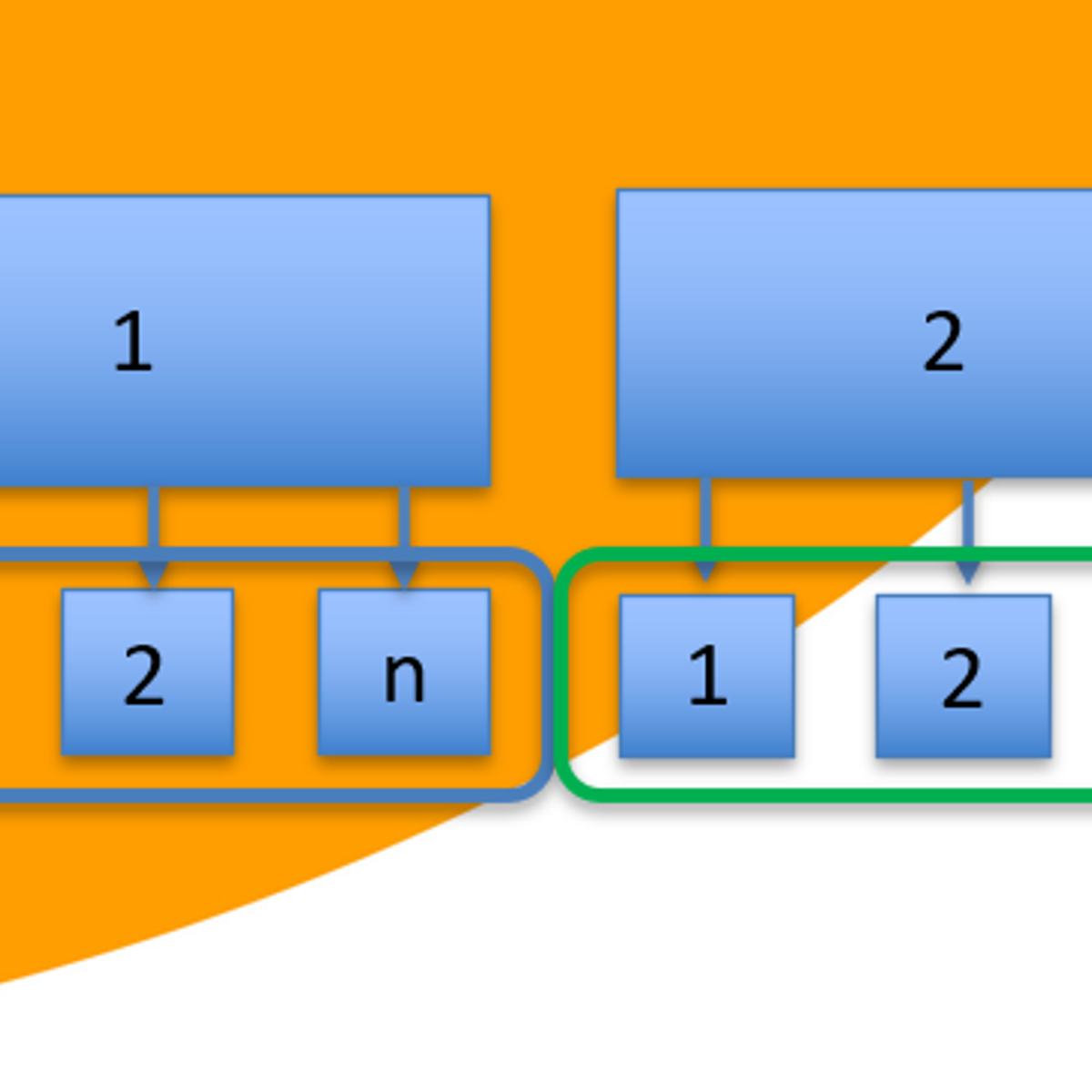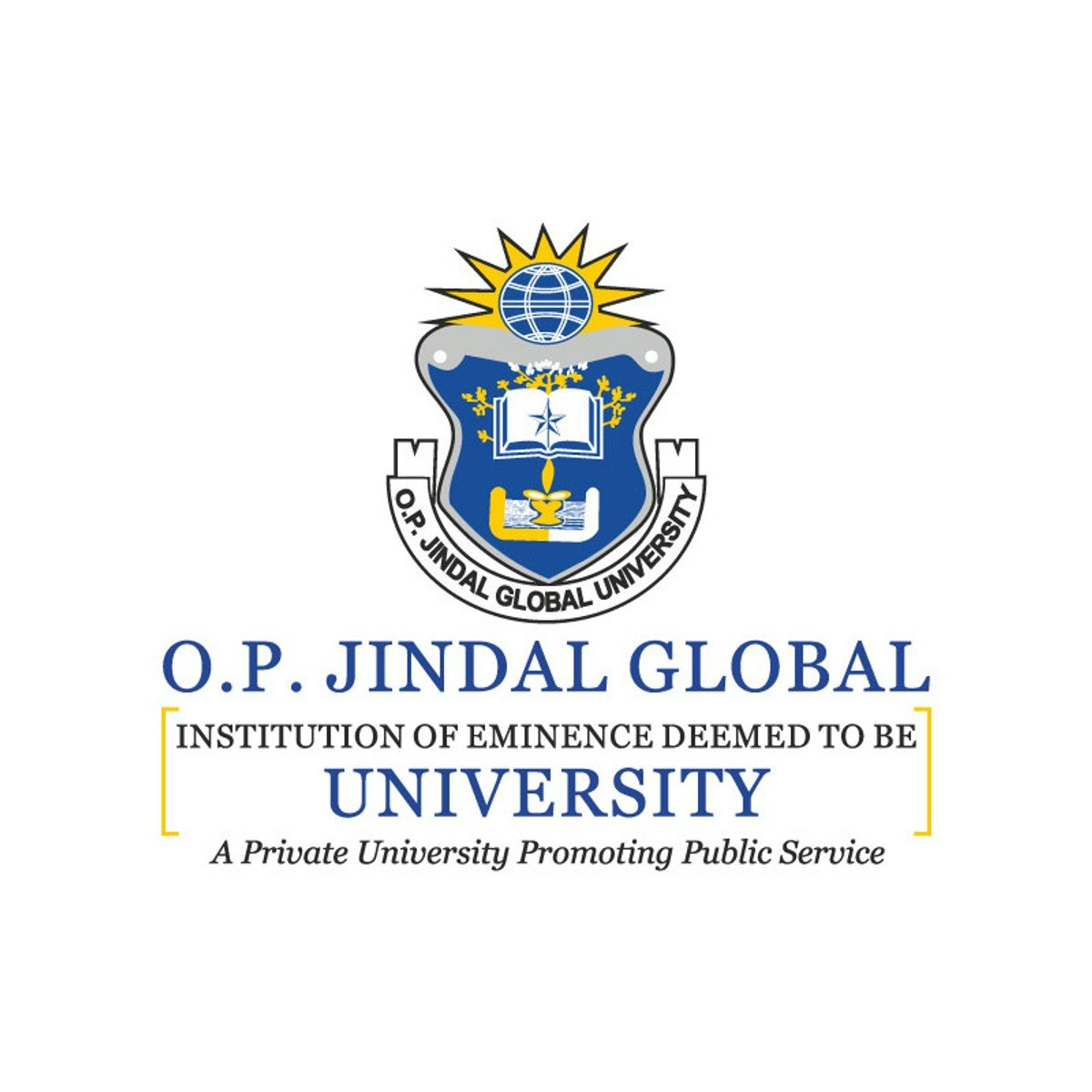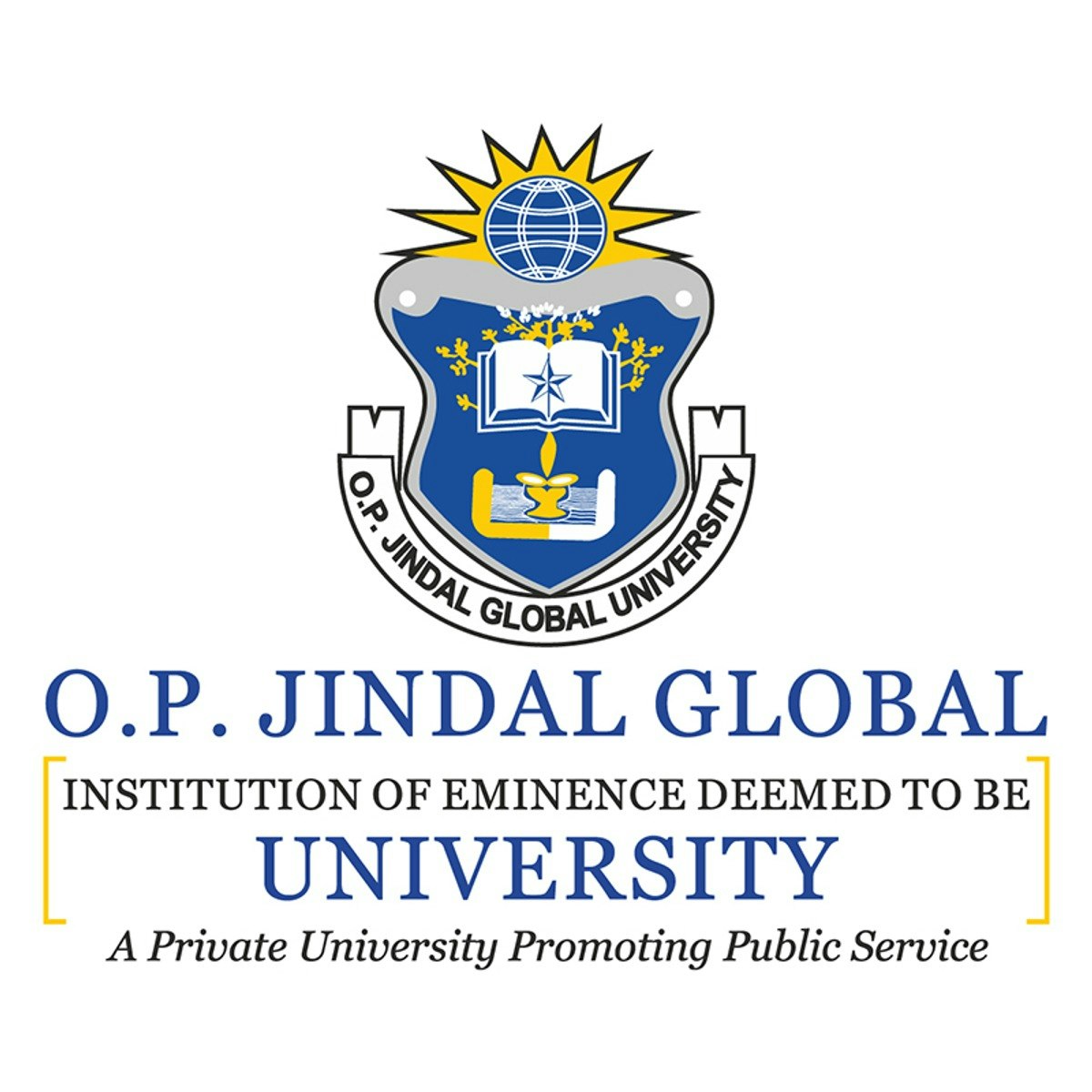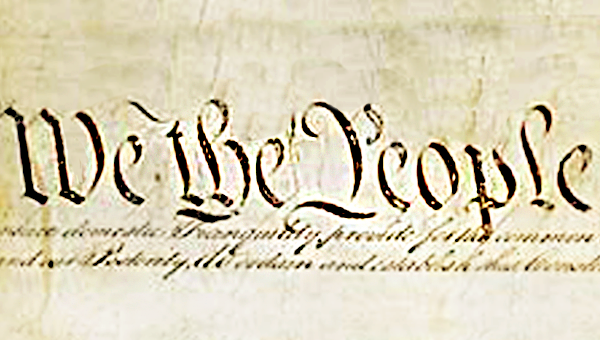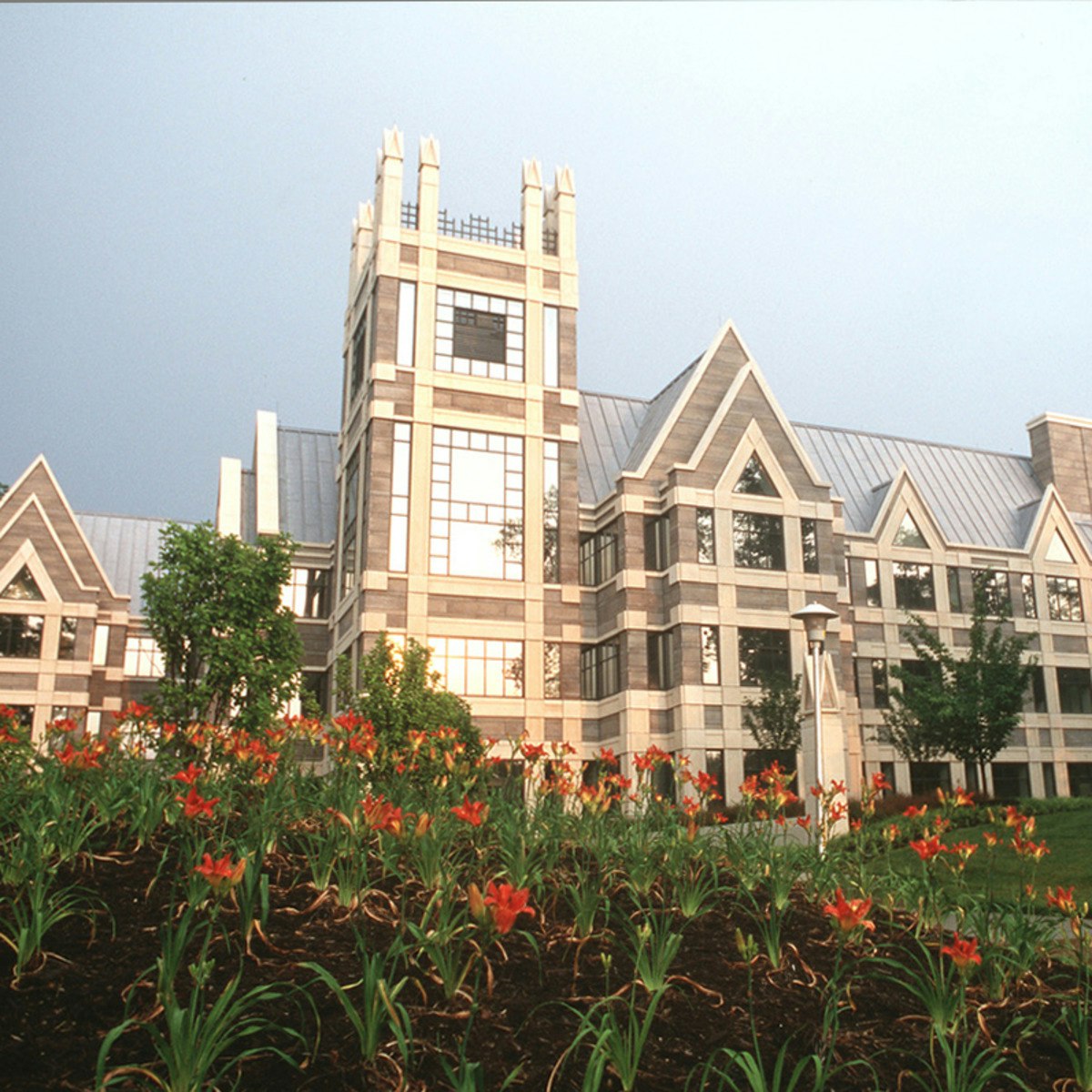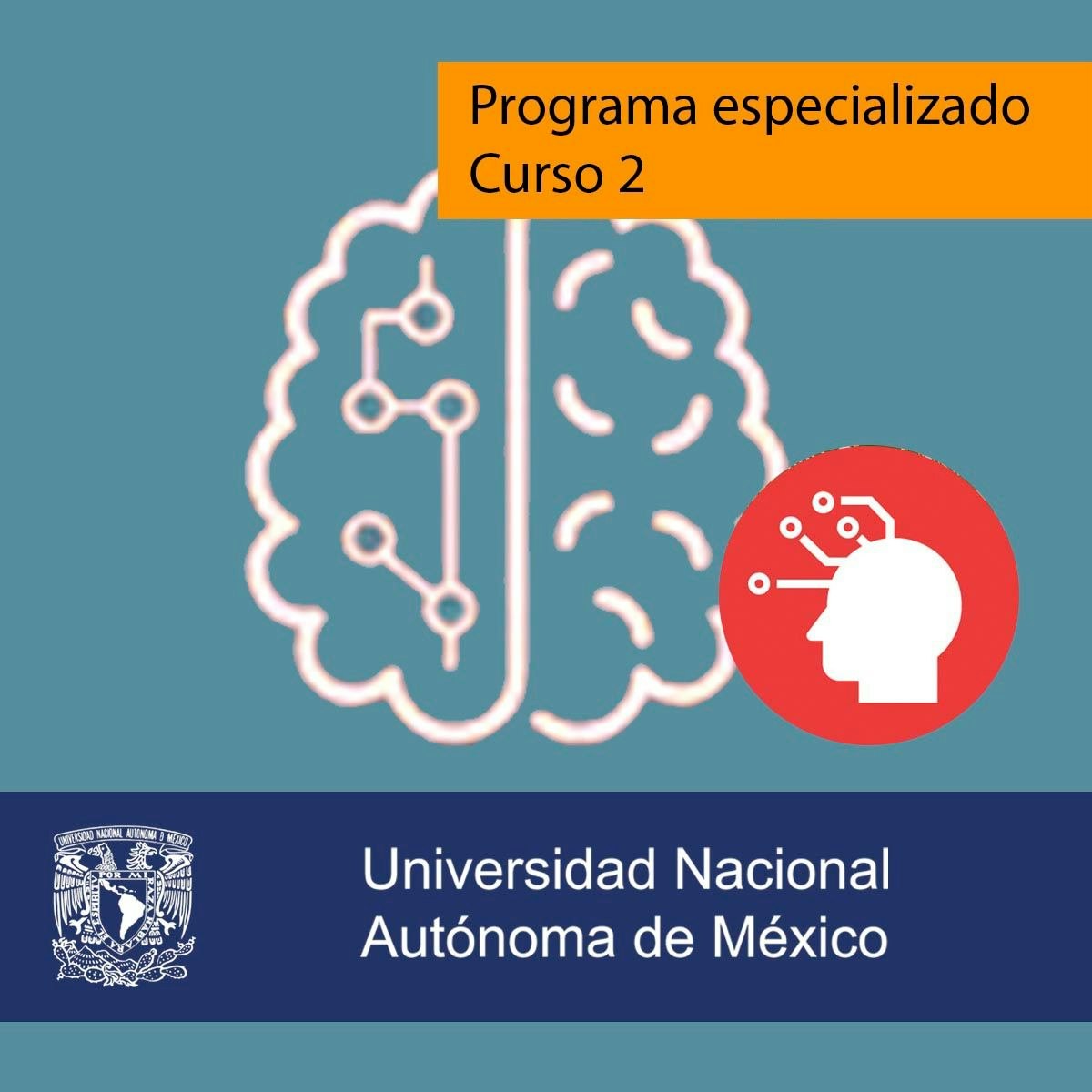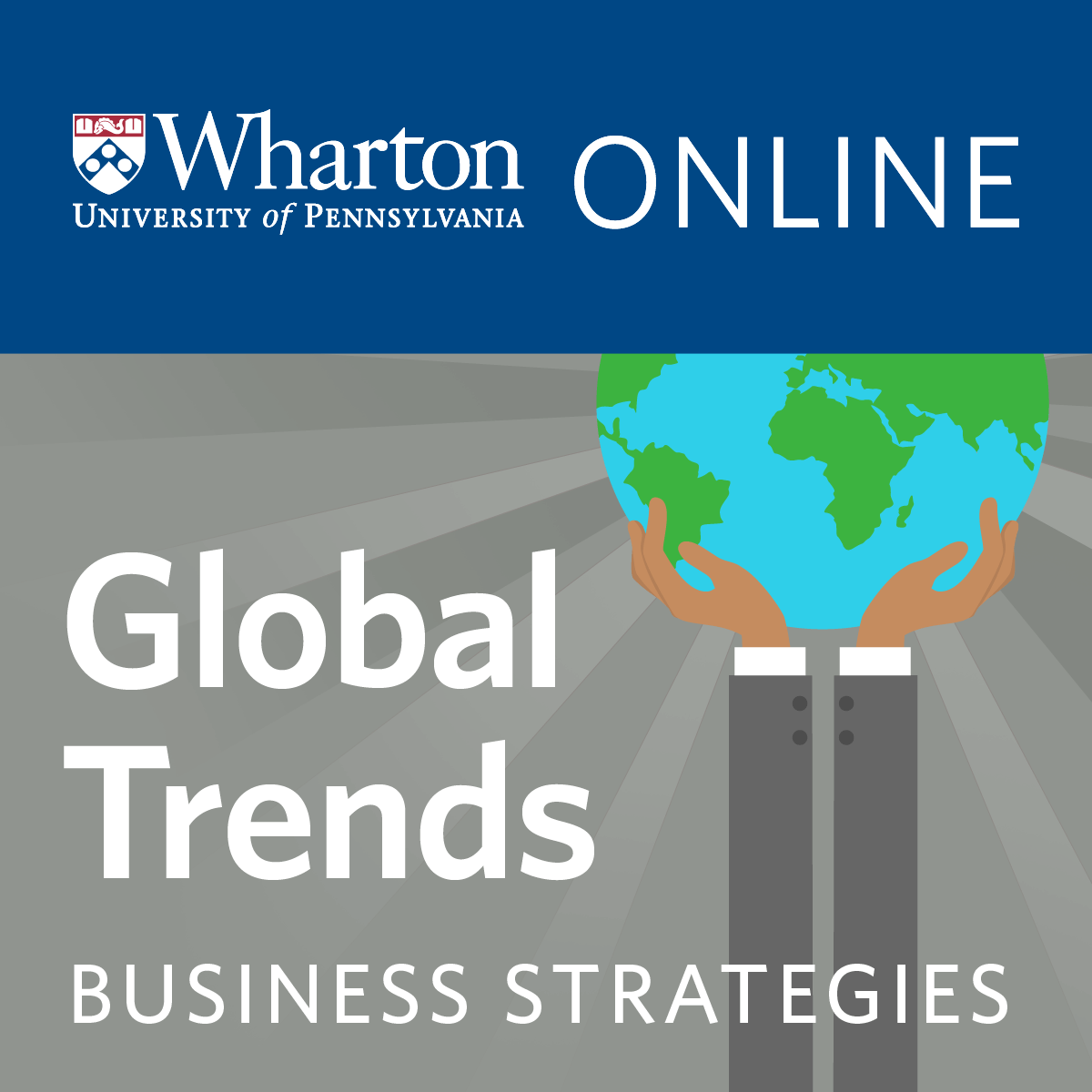Political Scientist
A Career as a Political Scientist: Understanding the Path and Possibilities
Political science is the systematic study of governance, political activities, political thoughts, and political behavior. It delves into the origins, development, and operation of political systems, examining everything from public opinion and political decision-making to the structure and function of governments and international relations. It is a field concerned with power, authority, justice, and how societies organize themselves to make collective decisions.
Working as a political scientist involves analyzing complex political phenomena, developing theories, and testing hypotheses using rigorous research methods. You might find yourself evaluating the impact of policies on citizens, forecasting political trends based on historical data and current events, or studying the dynamics of international cooperation and conflict. It's a career that often appeals to those fascinated by how power operates, how societies change, and how better governance can be achieved.
Introduction to Political Science as a Career
What is Political Science?
Political science is a social science discipline that deals with systems of governance and the analysis of political activities, political thoughts, associated constitutions, and political behavior. It encompasses numerous subfields, including comparative politics, international relations, political theory, public administration, public policy, and political methodology. At its core, it seeks to understand how power is distributed and exercised within and between societies.
Political scientists use various tools and approaches to explore these questions. Some employ quantitative methods, analyzing statistical data from surveys or election results to identify patterns and trends. Others use qualitative methods, such as case studies, historical analysis, or in-depth interviews, to gain a deeper understanding of specific political contexts or phenomena. The field is inherently interdisciplinary, often drawing insights from economics, sociology, history, psychology, and law.
This rigorous approach allows political scientists to address fundamental problems facing human society, from managing international conflicts and promoting economic stability to addressing environmental quality and reducing inequality. It involves not just understanding current political debates but also connecting them to enduring theoretical questions about justice, authority, and the best ways to organize collective life.
A Brief History of the Field
The study of politics dates back to ancient civilizations, with thinkers like Plato and Aristotle in ancient Greece laying philosophical foundations for understanding governance and political ideals. Niccolò Machiavelli, during the Renaissance, offered a more pragmatic, often controversial, analysis of political power. The Enlightenment further spurred systematic inquiry into political structures, rights, and the nature of the state through figures like Thomas Hobbes, John Locke, and Jean-Jacques Rousseau.
Political science as a distinct academic discipline emerged more formally in the 19th century, separating itself from history and political philosophy. Early developments focused on descriptive accounts of government institutions. The 20th century saw significant shifts, including the behavioral revolution, which emphasized empirical observation and quantitative methods to study political behavior, moving beyond solely institutional or legal analysis.
Later developments brought increased focus on rational choice theory, new institutionalism, feminist political theory, and critical theory, broadening the scope and methodologies of the field. Today, political science continues to evolve, incorporating new data sources, computational methods, and interdisciplinary perspectives to grapple with contemporary challenges.
These foundational texts offer insights into the historical development of political thought and analysis.
Why Political Science Matters Today
In an increasingly complex and interconnected world, understanding political systems and behavior is crucial. Political scientists provide essential analysis on issues ranging from election integrity and democratic stability to international security and global economic policy. Their research informs policymakers, guides public discourse, and helps citizens understand the forces shaping their lives and communities.
The rise of digital technologies, globalization, climate change, and shifting geopolitical alignments present new challenges and questions that political science is uniquely positioned to address. For instance, researchers study how social media impacts political polarization and democratic processes, analyze the effectiveness of international climate agreements, and examine the causes and consequences of global populism.
Political science helps make sense of governance structures, policy outcomes, and societal conflicts. Whether analyzing the impact of European populism or the intricacies of trade negotiations, political scientists offer frameworks for understanding power dynamics and potential pathways for action. Their work contributes to more informed decision-making in government, non-profits, international organizations, and even the private sector.
Common Misconceptions
One common misconception is that political science is solely about current events or punditry. While political scientists analyze contemporary issues, the field is grounded in systematic research, theoretical frameworks, and rigorous methodologies, aiming for objective analysis rather than partisan commentary.
Another myth is that a political science degree leads only to a career as a politician or directly in government. While many graduates do enter public service or run for office, the analytical, research, and communication skills developed are highly transferable. Graduates pursue careers in law, journalism, business, non-profit management, international affairs, data analysis, and education, among other fields.
Finally, some assume the field is purely theoretical or philosophical. While political theory is a vital subfield, much of political science involves empirical research—collecting and analyzing data (both qualitative and quantitative) to test hypotheses about how the political world actually works. It's a blend of theoretical inquiry and evidence-based analysis.
Core Responsibilities of Political Scientists
Political scientists engage in a diverse range of activities centered around the study of political systems, behavior, and ideas. Their core responsibilities often involve deep research, careful analysis, and effective communication of findings.
Research Design and Methodology
A fundamental aspect of a political scientist's work is designing and executing research. This begins with identifying a relevant research question, reviewing existing literature, and formulating testable hypotheses. They must then select appropriate methodologies to investigate the question, choosing between quantitative approaches (like surveys, experiments, statistical analysis of large datasets) and qualitative approaches (like case studies, interviews, historical analysis, textual analysis).
Developing robust research designs is crucial for ensuring the validity and reliability of findings. This involves careful consideration of sampling methods, variable measurement, and strategies for establishing causality. Political scientists must be adept at navigating the ethical considerations inherent in social science research, particularly when dealing with human subjects or sensitive political topics.
Training in research methods distinguishes graduate education in political science. These courses equip students with the tools needed for original scholarship.
For those seeking comprehensive guidance on methods, these books are highly regarded.
Policy Analysis Frameworks
Many political scientists focus on policy analysis, evaluating the processes through which policies are made, their content, and their impact. This involves applying structured frameworks to understand policy problems, identify potential solutions, assess the feasibility and consequences of different options, and analyze implementation challenges.
Policy analysts might examine the effectiveness of specific government programs, compare policy approaches across different jurisdictions or countries, or model the potential economic and social effects of proposed legislation. They need to understand the political context of policymaking, including the roles of various actors like interest groups, political parties, bureaucrats, and the public.
Effective policy analysis requires not only strong analytical skills but also the ability to synthesize complex information and communicate findings clearly to policymakers and stakeholders who may not have technical expertise. This often involves writing policy briefs, reports, and memos.
These courses offer introductions to public policy concepts and analysis.
Data Interpretation Techniques
Whether using quantitative or qualitative data, political scientists must be skilled in interpretation. For quantitative researchers, this involves understanding statistical methods, evaluating the significance of results, and recognizing potential biases or limitations in the data. They might use software like R, Stata, or SPSS to analyze survey responses, election results, economic indicators, or other numerical data.
Qualitative researchers interpret textual data from interviews, historical documents, legislative records, or media content. This requires careful reading, coding themes, identifying patterns, and constructing coherent narratives or arguments based on the evidence. Both approaches demand critical thinking to draw logical conclusions and avoid overstating findings.
Regardless of the type of data, political scientists need to translate complex findings into understandable insights. This includes creating visualizations like charts and graphs to present data effectively and writing clear, concise summaries of their analyses.
These courses cover data analysis methods relevant to social sciences.
Stakeholder Engagement Strategies
Political scientists, particularly those working outside academia in government, think tanks, NGOs, or consulting, often engage with various stakeholders. This can involve presenting research findings to policymakers, briefing government officials, collaborating with community groups, or communicating with the media and the public.
Effective stakeholder engagement requires strong interpersonal and communication skills. Political scientists must be able to explain complex ideas clearly, listen to different perspectives, build relationships, and sometimes navigate politically sensitive environments. This might involve facilitating discussions, participating in policy dialogues, or providing expert testimony.
Understanding the interests, values, and perspectives of different stakeholders is crucial for ensuring research is relevant and impactful. Engagement helps bridge the gap between academic research and real-world policy and practice, increasing the likelihood that insights will be used to inform decisions.
Formal Education Pathways
Pursuing a career as a political scientist typically involves significant formal education. The specific requirements can vary depending on the desired career path, whether in academia, government, research institutions, or the private sector.
Undergraduate Degree Requirements
A bachelor's degree is the standard entry point for exploring the field of political science. Undergraduate programs provide a broad foundation, introducing students to core subfields like American politics, comparative politics, international relations, and political theory. Coursework often emphasizes critical thinking, analytical reasoning, research methods, and writing skills.
While a bachelor's degree can open doors to various entry-level positions in government, advocacy, campaigns, or related fields like journalism or business, it's often not sufficient for roles specifically designated as "Political Scientist," particularly research-focused positions. Many political science majors use their undergraduate degree as preparation for further study in law, public administration, or other graduate programs.
Exploring different facets of the discipline during undergraduate studies helps students identify areas of interest for potential specialization later on. Consider using resources like OpenCourser's political science category to supplement your learning and explore diverse topics.
These courses cover foundational concepts often encountered in undergraduate programs.
Specialized Master's Programs
A master's degree is often the minimum requirement for many professional roles as a political scientist, especially in government agencies, think tanks, international organizations, and consulting firms. Master's programs allow for greater specialization within a subfield and provide more advanced training in research methodologies and data analysis.
Programs might focus on areas like Public Policy, Public Administration (MPA), International Relations, National Security Studies, or specific regional studies. These degrees typically take one to two years to complete and often include coursework, comprehensive exams, and sometimes a thesis or capstone project involving original research or policy analysis.
According to the U.S. Bureau of Labor Statistics, a master's degree in political science, public administration, or a related field is typically needed to enter the occupation. It provides the analytical depth and specialized knowledge required for many research and policy roles.
These courses touch on specialized areas often explored at the Master's level.
PhD Trajectories and Dissertation Expectations
A Doctor of Philosophy (PhD) is generally required for academic careers, such as university professorships involving teaching and research. It is also often preferred or required for senior research positions in government or prestigious think tanks. PhD programs are intensive, research-focused endeavors typically lasting four to seven years.
PhD students undergo rigorous training in political theory, advanced research methodologies (both quantitative and qualitative), and their chosen subfields of specialization. The cornerstone of a PhD is the dissertation: a substantial work of original research that makes a significant contribution to the field. This involves identifying a research question, designing and executing a study, analyzing data, and writing a book-length manuscript.
The path to a PhD demands strong intellectual curiosity, self-discipline, perseverance, and a passion for research. The academic job market can be highly competitive, requiring not only a strong dissertation but also publications, conference presentations, and teaching experience.
These advanced courses align with topics and methods central to PhD-level study.
Accreditation Standards Across Regions
Accreditation ensures that educational institutions and programs meet certain quality standards. In the United States, universities are typically accredited by regional accrediting bodies recognized by the U.S. Department of Education. While specific political science programs aren't usually separately accredited like engineering or business programs, the overall institutional accreditation signifies credibility.
For programs in Public Administration or Public Policy (often pursued by those interested in applied political science roles), accreditation by the Network of Schools of Public Policy, Affairs, and Administration (NASPAA) is a significant quality indicator in the U.S. NASPAA sets standards for curriculum, faculty qualifications, and student outcomes.
Accreditation systems and standards vary internationally. Prospective students considering programs outside their home country should research the recognition and reputation of the institution and program within the target region or professional field. Membership in international academic associations or networks can also indicate program quality and connection to the global scholarly community.
Digital Learning Strategies for Aspiring Political Scientists
The digital age offers unprecedented opportunities for learning and skill development in political science, complementing traditional educational pathways. Online courses, open-source tools, and virtual platforms provide flexible and accessible ways to gain knowledge and practical skills.
Blended Learning Approaches
Many learners find success by combining traditional education (like a university degree) with online resources. Online courses can supplement university coursework by offering deeper dives into specific topics, introducing new methodologies, or providing perspectives from different institutions or instructors. Platforms like OpenCourser aggregate courses from various providers, making it easier to find relevant options.
This blended approach allows learners to tailor their education to their specific interests and career goals. For example, a student focusing on comparative politics might take an online course on a specific region not covered extensively in their university program, or someone interested in policy analysis could take an online course focused on a particular statistical software package.
Professionals seeking to advance or pivot their careers can also use online courses to acquire new skills or update their knowledge on emerging trends without committing to a full-time degree program. This flexibility is invaluable for lifelong learning in a constantly evolving field.
These online courses offer introductions to key political concepts and institutions.
Open-Source Research Tools Training
Many powerful tools used in political science research are open-source, meaning they are free to use and modify. Learning these tools can significantly enhance research capabilities. Programming languages like R and Python are widely used for statistical analysis, data visualization, text analysis, and computational modeling.
Online tutorials, courses, and communities provide ample resources for learning these tools. Mastering them allows researchers to handle large datasets, perform complex analyses, and create compelling visualizations of their findings. Familiarity with open-source tools is increasingly valuable in both academic and non-academic research settings.
Other open-source resources include reference management software like Zotero, qualitative data analysis software (QDAS) options, and platforms for creating surveys or accessing publicly available datasets from governments and international organizations. Leveraging these tools can make research more efficient and accessible.
Explore these courses to build foundational technical skills often used in political science research.
Virtual Simulation Platforms
Virtual simulations offer innovative ways to engage with political science concepts. Platforms simulating international negotiations, legislative processes, or crisis management scenarios allow learners to apply theoretical knowledge in dynamic, interactive environments. Examples include Model United Nations simulations conducted online or specialized software used in policy courses.
These simulations help develop practical skills like negotiation, strategic thinking, decision-making under pressure, and understanding complex systems. They provide a safe space to experiment with different strategies and experience the challenges of political decision-making firsthand.
While not a replacement for real-world experience, simulations can be a valuable supplement, offering insights into the practical application of political science principles and fostering skills relevant to careers in diplomacy, policy, and conflict resolution.
Credential Recognition Challenges
While online courses offer valuable learning opportunities, the recognition of credentials earned online (like certificates of completion) can vary. Traditional academic degrees (Bachelor's, Master's, PhD) remain the standard benchmark for many formal political scientist roles, especially in academia and government.
However, certificates from reputable institutions or courses demonstrating specific, in-demand skills (like data analysis using R or Python, or expertise in a particular policy area) can certainly enhance a resume and demonstrate initiative to potential employers, particularly in non-profit or private sector roles. The key is often demonstrating the acquired knowledge and skills through projects, portfolios, or during interviews, rather than relying solely on the credential itself.
When choosing online courses for career development, consider the reputation of the provider and institution, the specific skills taught, and how you can demonstrate mastery of those skills. OpenCourser's Learner's Guide offers tips on how to effectively showcase online learning experiences on resumes and professional profiles.
Career Progression in Political Science
The career path for someone trained in political science can vary widely depending on their level of education, chosen specialization, and sector of employment (academia, government, non-profit, private).
Entry-Level Roles in Government and NGOs
With a bachelor's degree, graduates often find entry-level positions in government agencies, legislative offices, political campaigns, or non-governmental organizations (NGOs). Roles might include Legislative Assistant, Campaign Worker, Junior Policy Analyst, Research Assistant, Program Coordinator, or Communications Assistant.
These positions provide valuable experience and exposure to the practical workings of politics and policy. They often involve tasks like researching legislation, drafting memos, communicating with constituents or stakeholders, organizing events, and supporting senior staff. While not typically "Political Scientist" roles, they build relevant skills and networks.
Master's degree holders often enter at a higher level, potentially as Policy Analysts, Program Managers, Foreign Service Officers (requiring specific exams and processes), or researchers in government agencies or larger NGOs and think tanks. These roles usually involve more substantive analytical work and responsibility.
Academic Tenure Track Requirements
A career as a university professor typically requires a PhD. The path usually begins with graduate school, followed by postdoctoral positions or entry-level assistant professor roles. Achieving tenure—a long-term secure appointment—is a major milestone in an academic career.
Tenure requirements generally involve demonstrating excellence in three areas: research (publishing articles in peer-reviewed journals and books with reputable presses), teaching (effective classroom instruction and student mentorship), and service (contributing to the department, university, and broader academic profession through committee work, reviewing manuscripts, etc.).
The academic job market is highly competitive, and securing a tenure-track position often requires a strong publication record, teaching effectiveness, a clear research agenda, and sometimes success in obtaining research grants. The process demands significant dedication and intellectual contribution to the field.
Transition Paths to Advisory Positions
Experienced political scientists, whether from academia, government, or think tanks, often transition into advisory roles. They might serve as consultants to government agencies, political campaigns, corporations, or international organizations, providing expert analysis and strategic advice on political trends, policy issues, or geopolitical risks.
These roles leverage deep subject matter expertise and analytical skills built over a career. Political consultants, for example, advise candidates on campaign strategy, messaging, and voter targeting. Policy advisors help shape legislation or governmental programs. Corporate advisors might analyze political risks affecting business operations or help companies navigate regulatory environments.
Strong communication skills, networking abilities, and a track record of insightful analysis are key for success in advisory positions. These roles often offer high impact and can be financially rewarding, but may also involve less job security than traditional academic or government positions.
International Organization Opportunities
Political scientists find numerous opportunities within international organizations (IOs) such as the United Nations, the World Bank, the International Monetary Fund (IMF), regional bodies like the European Union or ASEAN, and international NGOs like Doctors Without Borders or Amnesty International.
Roles in IOs can involve policy analysis, program management, research, diplomacy, monitoring and evaluation, or communications, often focusing on specific global issues like development, human rights, security, or environmental protection. These positions typically require advanced degrees (Master's or PhD), relevant expertise, language skills, and often prior international experience.
Working in an international organization offers the chance to engage with global challenges and collaborate with diverse colleagues from around the world. Competition for these positions can be intense, and they may require relocation and adaptability to different cultural and political contexts.
Salary Expectations and Geographic Variance
Salaries for political scientists vary significantly based on education level, experience, sector of employment, and geographic location. According to the U.S. Bureau of Labor Statistics, the median annual wage for political scientists was $132,350 in May 2023. However, this figure primarily reflects those in dedicated research roles, often requiring advanced degrees.
Entry-level positions for bachelor's degree holders in related fields will typically have lower starting salaries. Academic salaries vary by institution type and rank. Government salaries are often determined by standardized pay scales (like the General Schedule in the U.S. federal government). Private sector consulting or lobbying roles can offer higher earning potential but may also have greater variability.
Geographic location also plays a role, with salaries often higher in major metropolitan areas or regions with a high concentration of government agencies, think tanks, or international organizations (like Washington D.C., New York, or Brussels). Cost of living in these areas, however, is also typically higher.
Political Scientist Skill Ecosystem
Success as a political scientist relies on a diverse set of skills, blending analytical rigor with effective communication and adaptability. Understanding this skill ecosystem is crucial for career development.
Quantitative vs. Qualitative Competency Balance
Political science employs both quantitative (numerical) and qualitative (non-numerical) research methods. While some specialization is common, many political scientists benefit from competency in both areas. Quantitative skills involve statistical analysis, survey design, econometrics, and increasingly, data science techniques using software like R or Python.
Qualitative skills include case study analysis, archival research, interview techniques, textual analysis, and ethnographic methods (fieldwork). These methods provide rich contextual understanding and explore the "why" behind political phenomena. The ability to integrate findings from both approaches often leads to more comprehensive and nuanced research.
The optimal balance depends on the specific subfield and career path. Comparative politics and international relations often blend methods, while political methodology focuses heavily on quantitative techniques, and political theory relies more on textual analysis and philosophical argument.
These courses introduce various research approaches.
Cross-Cultural Communication Demands
In an increasingly globalized field, cross-cultural communication skills are vital, especially for those working in international relations, comparative politics, or for international organizations. This involves understanding different cultural norms, communication styles, and political contexts.
Effective cross-cultural communication requires sensitivity, adaptability, and the ability to listen actively and interpret non-verbal cues. Language proficiency can be a significant asset, opening doors to research opportunities, fieldwork, and collaboration with international colleagues.
Even within domestic politics, understanding diverse cultural perspectives is important for analyzing political behavior, designing inclusive policies, and engaging effectively with varied communities. This skill involves more than just language; it encompasses an awareness of different values, histories, and social structures.
Policy Visualization Techniques
Communicating complex political data and policy analysis effectively often requires strong visualization skills. This means moving beyond simple tables and charts to create clear, compelling graphics that convey key findings to diverse audiences, including policymakers and the public.
Tools ranging from standard spreadsheet software to specialized data visualization platforms (Tableau, Power BI) or programming libraries (like ggplot2 in R or Matplotlib/Seaborn in Python) can be used. Effective visualization involves not just technical proficiency but also an understanding of design principles and how to tailor visuals to the intended audience and message.
Maps are also crucial visualization tools in political science, used to display geographic patterns in voting, conflict, development indicators, or policy implementation. Geographic Information Systems (GIS) software provides powerful capabilities for spatial analysis and mapping.
Crisis Management Preparedness
While not a core skill for all political scientists, those working in areas like international security, foreign policy, national security, or certain government roles may need skills related to crisis management. This involves analyzing rapidly evolving situations, assessing risks, developing response options, and communicating effectively under pressure.
Understanding decision-making processes during crises, the role of intelligence, and the dynamics of negotiation or conflict resolution are important aspects. Simulations and case studies of past crises are often used in training to develop these skills.
Adaptability and the ability to think critically and make sound judgments with incomplete information are crucial in crisis situations. This skill set is particularly relevant for roles in diplomacy, intelligence agencies, and emergency management.
Emerging Trends Impacting Political Scientists
The field of political science is constantly evolving, influenced by technological advancements, global events, and new societal challenges. Staying abreast of these trends is crucial for relevance and impact.
AI in Predictive Policy Modeling
Artificial intelligence (AI) and machine learning are increasingly being explored for their potential in political science research and policy analysis. These tools can process vast amounts of data to identify complex patterns, forecast political events (like election outcomes or conflict escalation), and model the potential impacts of different policy interventions.
Predictive modeling can help policymakers anticipate challenges and design more effective strategies. However, the use of AI also raises significant ethical questions regarding bias in algorithms, data privacy, transparency in decision-making, and the potential for misuse in surveillance or manipulation.
Political scientists are engaging with these technologies both as tools for research and as subjects of study, examining their implications for governance, democracy, and international relations. Developing skills in data science and understanding AI ethics are becoming increasingly relevant.
Climate Change Governance Frameworks
Climate change represents one of the most significant global challenges, demanding complex governance solutions that cut across international borders and involve diverse actors. Political scientists play a key role in analyzing the effectiveness of existing climate agreements (like the Paris Agreement), studying the politics of climate policy adoption and implementation, and exploring innovative governance models.
Research in this area examines issues like international climate negotiations, the role of non-state actors (cities, corporations, NGOs), climate justice and equity concerns, the politics of energy transitions, and public opinion on climate change. Understanding the political barriers and opportunities for effective climate action is critical.
This growing subfield combines elements of international relations, comparative politics, public policy, and environmental studies, requiring interdisciplinary approaches to address the multifaceted nature of the climate crisis.
Digital Democracy Tools
The internet and social media have profoundly reshaped political communication, participation, and mobilization. Political scientists study the impact of these "digital democracy" tools, examining both their potential to enhance citizen engagement and democratic deliberation, and their risks related to misinformation, polarization, and foreign interference.
Research explores online campaigning, digital activism, e-government initiatives, the spread of political information (and disinformation) online, and the regulation of digital platforms. Studies like those from the Pew Research Center highlight expert concerns and public perceptions about technology's impact on democracy.
Understanding how digital technologies interact with political institutions and citizen behavior is crucial for navigating the contemporary political landscape and designing policies that foster healthy democratic discourse online.
Global Populism Analytics
The rise of populist movements and leaders across various regions has become a major focus of political science research. Analysts seek to understand the causes of populism, examining factors like economic insecurity, cultural anxieties, immigration concerns, decline in trust in traditional institutions, and the role of media.
Research involves defining and measuring populism, comparing its different manifestations (left-wing vs. right-wing, inclusionary vs. exclusionary), analyzing its impact on democratic norms and institutions, and studying the policy agendas of populist governments. Think tanks like the Brookings Institution provide analyses of these trends.
Understanding the dynamics of populism is essential for assessing the health of democracies worldwide and developing strategies to counter potential threats to liberal democratic values and institutions.
These books offer deep dives into the challenges facing modern democracies.
Ethical Challenges for Political Scientists
Like any profession dealing with sensitive information and potentially influencing public life, political science involves distinct ethical challenges. Navigating these requires careful consideration and adherence to professional standards.
Data Privacy in Voter Analysis
Political campaigns and researchers increasingly use large datasets containing voter information for analysis and targeting. This practice raises significant privacy concerns. Political scientists must grapple with how to use such data responsibly, ensuring anonymization where appropriate and protecting individuals from potential harm or manipulation.
Ethical guidelines often emphasize obtaining informed consent, maintaining data security, and being transparent about data usage. The potential for voter data to be misused for discriminatory purposes or to undermine democratic processes necessitates careful ethical reflection and robust safeguards.
Researchers must balance the pursuit of knowledge about political behavior with the fundamental right to privacy, adhering to institutional review board (IRB) protocols and professional codes of ethics.
Conflict of Interest Management
Political scientists, particularly those working as consultants, advisors, or in think tanks funded by specific interests, may face potential conflicts of interest. A conflict can arise when personal interests (financial or otherwise) could compromise, or appear to compromise, professional judgment and objectivity.
Transparency is key to managing conflicts of interest. Researchers and practitioners should disclose funding sources and potential conflicts when publishing or presenting work. Maintaining independence in analysis and avoiding situations where personal gain could influence research findings or policy recommendations is paramount.
Professional associations often provide guidelines on identifying and managing conflicts of interest to uphold the integrity of the research process and maintain public trust.
Partisanship vs. Objectivity Tensions
Political science inherently deals with politically charged topics. Researchers often have their own political views, but the discipline strives for objective, evidence-based analysis. Maintaining objectivity while studying partisan politics can be challenging.
Ethical practice requires distinguishing between analysis and advocacy. While political scientists can and do engage in public debate, their research should adhere to rigorous methodological standards and be presented transparently, allowing others to evaluate the evidence and conclusions independently.
Acknowledging potential biases and being open to findings that contradict one's own political preferences are crucial aspects of maintaining scholarly integrity. The goal is to contribute reliable knowledge, not simply to advance a particular political agenda.
Whistleblower Protections
In some cases, political scientists working within government or other organizations may uncover information about unethical or illegal activities. Deciding whether and how to disclose such information involves complex ethical considerations and potential personal risks.
Understanding whistleblower protection laws and organizational policies is important. The ethical dilemma often involves balancing loyalty to an organization or colleagues with a broader duty to the public interest or principles of justice.
While not a common situation for most political scientists, awareness of these issues is part of understanding the ethical landscape, particularly for those working in sensitive government or policy roles. Professional ethics discussions sometimes touch upon the responsibilities and risks associated with exposing wrongdoing.
Frequently Asked Questions
Here are answers to some common questions about pursuing a career as a political scientist.
What is the difference between political scientists and policymakers?
Political scientists primarily study politics and government, while policymakers are actively involved in making and implementing government decisions. Political scientists conduct research, analyze data, develop theories, and teach to understand political phenomena. Policymakers (like elected officials, government agency heads, or senior civil servants) use information (sometimes provided by political scientists) to create laws, regulations, and programs.
While some individuals move between these roles, their primary functions differ. A political scientist's main goal is understanding and explanation, often prioritizing methodological rigor and objectivity. A policymaker's goal is action and achieving specific political or societal outcomes, often involving negotiation, compromise, and responding to public or political pressures.
Political scientists can influence policy through their research and analysis, often working in think tanks, universities, or as government advisors, but they are typically not the final decision-makers.
How does industry demand fluctuate during election cycles?
Demand for certain political science-related skills definitely increases during election cycles. Political campaigns hire consultants, pollsters, data analysts, campaign managers, and communication specialists. Media outlets also increase their hiring of political reporters and commentators.
This demand is often temporary, peaking in the months leading up to major elections and declining afterward. However, skills gained during campaigns (like data analysis, strategic communication, project management) are transferable to other roles.
Demand for political scientists in more stable roles (academia, government research, established think tanks, international organizations) is less directly tied to short-term election cycles and more influenced by broader economic conditions, government budgets, and long-term research priorities.
What are transferable skills to corporate sectors?
Political science develops highly valuable transferable skills applicable to the corporate world. Strong analytical and critical thinking skills are essential for market analysis, strategic planning, and problem-solving. Research skills, both quantitative and qualitative, are valuable in market research, competitive intelligence, and data analysis roles.
Excellent written and verbal communication skills are crucial for report writing, presentations, public relations, corporate communications, and internal stakeholder management. Understanding government processes, regulations, and public policy can be advantageous for roles in government relations, regulatory affairs, or corporate social responsibility.
Experience with data analysis, international relations knowledge (for multinational corporations), and project management skills further enhance employability in various business functions, including consulting, risk management, and global operations.
Are language proficiency requirements common?
Language proficiency requirements depend heavily on the specific role and subfield. For political scientists focused solely on domestic politics within their own country, additional language skills may not be essential, though they can always be an asset.
However, for those specializing in comparative politics or international relations, proficiency in relevant languages is often crucial, if not required. It enables direct access to primary sources, facilitates fieldwork and interviews, enhances understanding of different cultures and political contexts, and is often necessary for positions in diplomacy or international organizations.
Commonly sought-after languages often reflect current global affairs and specific regional focuses, including languages like Spanish, French, Mandarin Chinese, Arabic, Russian, German, or Portuguese, among others. Even basic proficiency can be beneficial for collaboration and research.
These courses offer introductions to languages frequently relevant in international contexts.
What are fieldwork expectations in conflict zones?
Fieldwork, particularly in conflict or post-conflict zones, is a specialized area within political science, often undertaken by researchers in comparative politics or international relations studying conflict dynamics, peacebuilding, or human rights.
Such fieldwork carries significant risks and requires extensive preparation, including security training, ethical clearance, contingency planning, and often institutional support. Researchers must prioritize safety and adhere to strict ethical guidelines, ensuring the principle of "do no harm" to research participants or local communities.
Expectations typically involve careful planning, securing necessary permissions, building trust with local contacts, adapting research methods to challenging environments, and being prepared for unpredictable situations. Not all political scientists conduct fieldwork, and even fewer do so in active conflict zones; it requires specific skills, resources, and risk tolerance.
What is the impact of automation on the career outlook?
Automation and AI are likely to change aspects of the political scientist's work, but the core analytical, critical thinking, and communication skills remain essential and are less susceptible to full automation. AI can assist with data processing, pattern recognition, and predictive modeling, potentially enhancing research efficiency.
Tasks involving large-scale data analysis or content analysis might become more automated, freeing up researchers to focus on higher-level interpretation, theory building, qualitative insights, and communication. However, skills in understanding, utilizing, and critically evaluating these automated tools will become increasingly important.
The U.S. Bureau of Labor Statistics projects employment growth for political scientists to be about average through 2033, suggesting the profession is not expected to be drastically reduced by automation in the near term. The ability to ask insightful questions, design research, interpret complex social and political contexts, and communicate findings persuasively remains fundamentally human.
Concluding Thoughts
Embarking on a career as a political scientist offers a path filled with intellectual challenges and the potential to contribute meaningfully to understanding and navigating the complexities of governance, policy, and human interaction. It requires rigorous training, a diverse skill set blending analytical prowess with communication abilities, and a persistent curiosity about how power shapes our world. Whether your path leads to academia, government service, non-profit work, or the private sector, the foundational knowledge and skills gained through the study of political science provide a robust platform for a variety of impactful careers. While the journey demands dedication, the opportunity to engage with fundamental societal questions and potentially influence positive change makes it a compelling pursuit for many.






